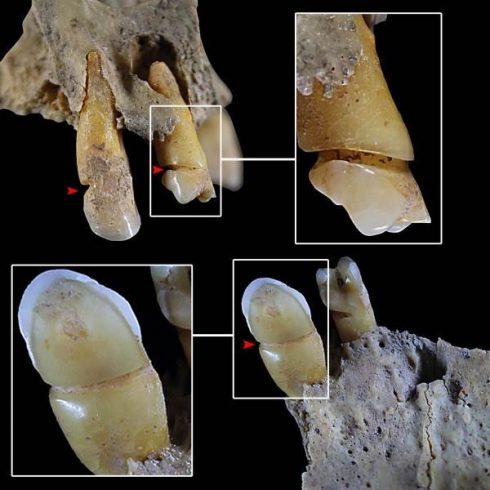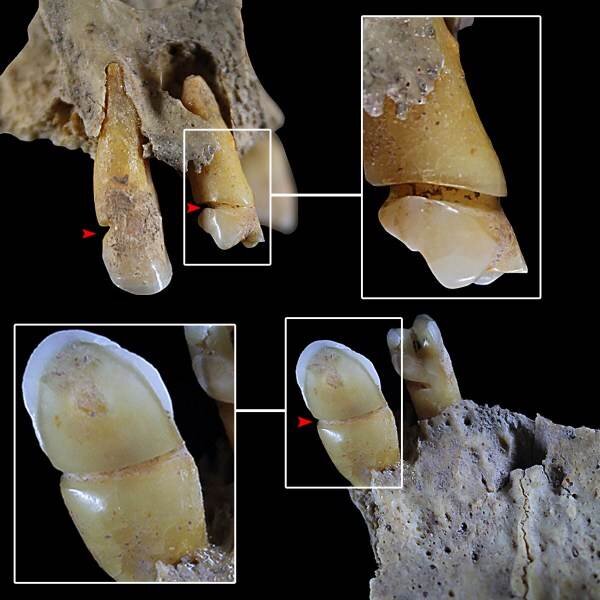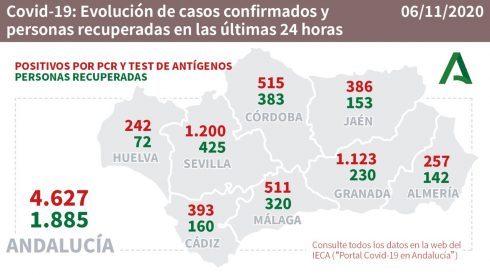A NEW discovery from Bronze Age Spain reveals that women have never been afraid to sink their teeth into hard work.
Evavations of a 4,000-year-old burial site in southern Spain show that female workers used their front teeth – incisors and canines – to perform tasks that involved biting into threads and cords. Archaeologists unearthed the fossilised teeth of 106 individuals buried in Granada and discovered that textile tasks were only carried out by women during the Bronze Age.
Studies of the teeth found specific dental wear, including notches, flakes and grooves on the enamel, which researchers say resulted from the manipulation of plant and animal fibres used to produce textiles and baskets.

After analysing the teeth of both men and women, Dr Marina Lozano of the Institut Català de Paleoecologia Humana, said there was a clear link between gender and the creators of these textiles
“One of the most important conclusions of this new study is that double labour specialisation existed already by the end of the Bronze Age,” she said.
“It indicates that a single, small group of people was dedicating themselves to handcrafts related to the production of threads and textile manufacture and that, furthermore, these activities were carried out exclusively by women.”










